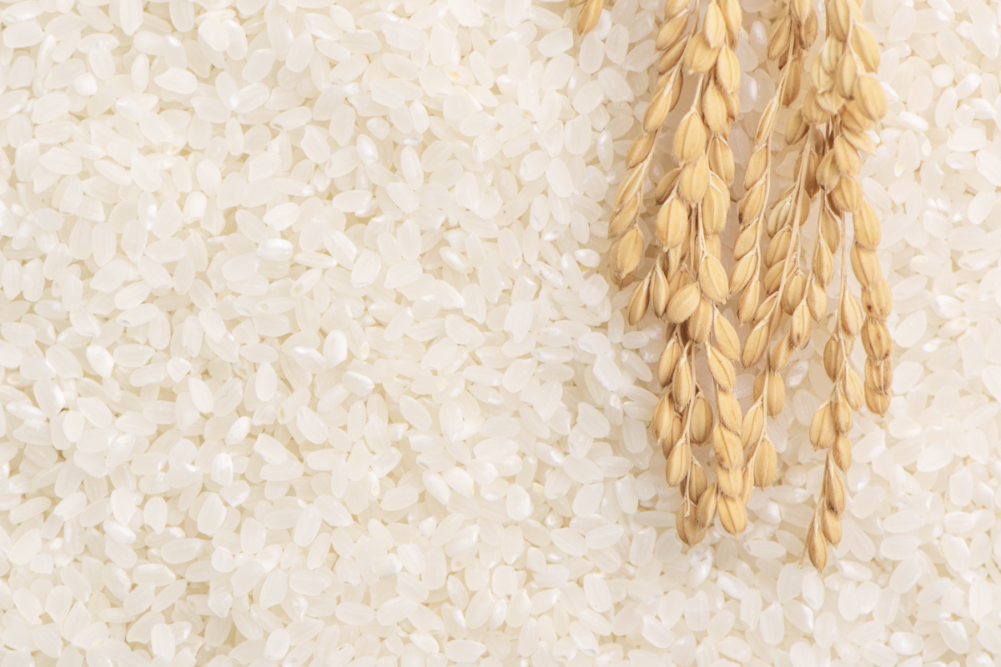KANSAS CITY, MISSOURI, US — The outpouring of respect and affection shown by the Chinese people for plant scientist Yuan Longping after his death in late May spoke volumes about a man whose life’s work rescued millions from hunger and starvation.
Chinese media reported that after Longping died at the age of 90, the funeral home caring for his body received hundreds of flower arrangements from ordinary Chinese citizens. And although he never joined the country’s communist party and expressed indifference toward politics, the Chinese government also honored him with the Medal of the Republic (the highest honor in China) in 2019 and selecting him to carry the Olympic torch during the opening ceremonies of the 2008 Games in Beijing.
How does a plant scientist become so beloved? Much like an emergency responder, Longping dedicated his life to helping those in distress.
In 1973, Longping cultivated the world’s first high-yielding hybrid rice strain, which recorded an annual yield 20% higher than existing varieties, meaning it could feed an extra 70 million people per year. Until this breakthrough, the world’s scientific community was skeptical that rice could be crossbred. More importantly, Longping shared his discovery with the world rather than offer it exclusively to China.
The early part of Longping’s career coincided with the worst famine in modern Chinese history, as tens of millions died of starvation in the late 1950s. The situation was only marginally better in the 1960s, as an unacceptable percentage of the Chinese population still faced food insecurity.
“Famished, you would eat whatever there was to eat, even grass roots and tree bark,” Longping wrote in his memoir. “At that time, I became even more determined to solve the problem of how to increase food production so that ordinary people would not starve.” Longping not only helped China achieve food self-sufficiency, his cross-breeding techniques also impacted millions of people in other food-insecure countries. In 1980, he donated rice strains to the International Rice Research Institute, which used them to develop hybrid varieties that could grow in tropical regions. Longping also traveled to countries such as India and Madagascar to teach farmers how to grow hybrid rice.
In 2004, Longping’s many achievements earned him the World Food Prize, an honor created by Norman Borlaug, the Nobel Peace Prize-winning American scientist known as the “Father of the Green Revolution” for his plant-breeding techniques that alleviated world hunger during the latter half of the 20th century. Longping’s legacy rivals that of Borlaug, and since Longping’s work involved rice, the primary food grain for half the world’s population, particularly the poor, it could be argued that his impact was at least as great as that of Borlaug, whose work was primarily focused on wheat, a lesser-consumed grain.
One thing Longping and Borlaug had in common was they kept working into their 90s. The passion to improve mankind through plant breeding stayed with Longping until his dying day.
Longping was once quoted as saying: “Everyone is like a seed. We should try to grow into good people.” It is a fitting epitaph for a man whose good work with hybrid seeds rescued so many from hunger and starvation.




